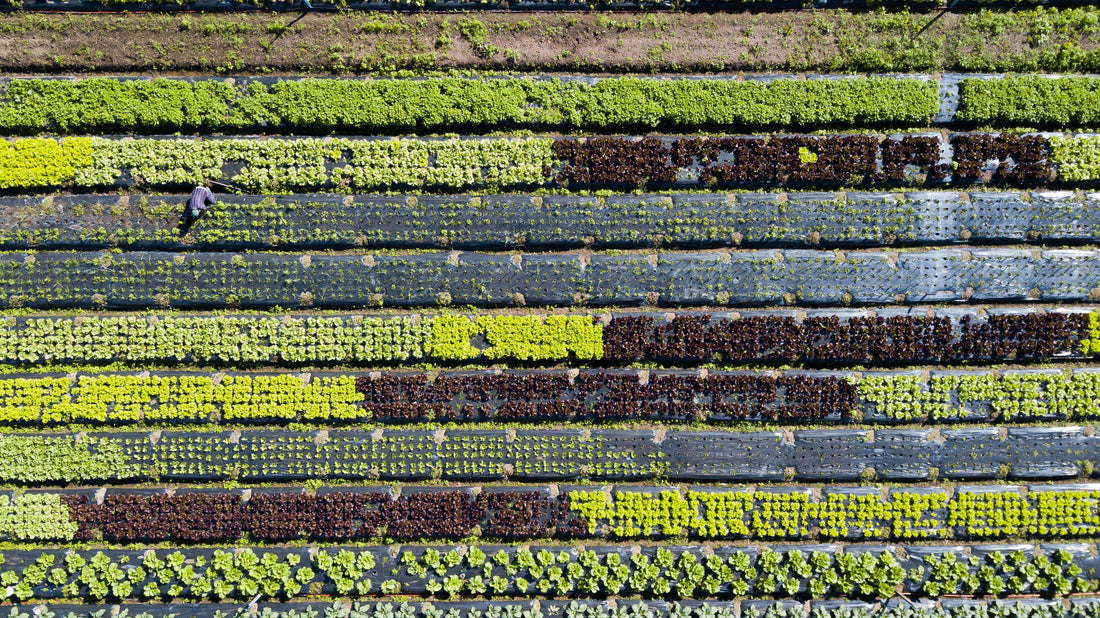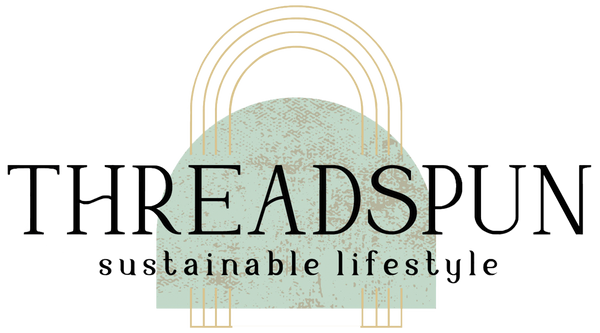
What Is Fair Trade?

Photo by Chris Chow


What is Fair Trade?
My own awareness and understanding of the term "fair trade" has certainly evolved over the years as it becomes more commonly used (and abused). Purchasing fair trade goods is important and laudable, but it is also difficult to find a shared definition of the term across different places and industries. This has led confusion among consumers and manipulation and abuse by large corporations. Many consumers, including myself, have been left wondering what fair trade really even means.
Origins of Fair Trade
While most companies came into existence to maximize profits at the expense of people and the planet; mistreatment, abuse and exploitation of workers and the environment exploded alongside the industrial revolution. Then as air travel made international travel easier and more economical for wealthier parts of the global population in the 1950's, tourists began visiting different countries and purchasing unique, artisan-made products abroad. Over the coming decades, the term "fair trade" began to emerge as people created sales channels in developed markets for artisan-produced items from developing economies. By doing this, the potential arose for helping producers to receive higher and more fair pay for their products, although this certainly didn't always occur.
As Green America points out, "Ultimately, sweatshops exist because the human links of the supply chain are hidden from us when we shop. If working conditions at producer factories were visible to consumers at the point of purchase, it would be harder to convince shoppers that cheaper goods are worth the price of worker abuse." A growing number of consumers began understanding the connection between the products they consumed and the livelihoods and well being of the producers of these goods. A demand for goods produced with ethics and sustainability in mind began to grow and companies responded accordingly.

In the 1990's, Fair Trade USA founder Paul Rice began to work to create standards that could govern the way Fair Trade was monitored globally after witnessing exploitation of small-scale coffee farmers in Nicaragua. Rice returned to the US and founded Fair Trade USA in 1997, bringing the certification model to large companies who sold commodity goods like cocoa, bananas and tea. The organization began to educate corporations on why it was important not only to sell more ethical products under Fair Trade terms but also to educate consumers by using the Fair Trade Seal on products to increase awareness.

What Makes a Product Fair Trade Certified?
In order to become certified as a Fair Trade company through Fair Trade USA, companies must reach certain benchmarks related to safe working conditions, environmental protection, sustainable livelihood creation, and Community Development funds. Essentially, both the socioeconomic wellbeing of humans and environmental protection are instrumental to fair trade certification. In addition, for every Fair Trade Certified™ product sold, the business or importer pays an additional sum of money above the purchase price that's then returned to the producer community in the form of Community Development Funds. Each producer community organizes into a committee that democratically votes on the administration of these funds, with the goal of supporting empowerment and agency over the impact on their communities and livelihoods.
So, what sorts of products are certified fair trade? A certified fair trade product could be anything from a food commodity like spices or coffee farmed in Guatemala to fair trade certified denim jeans made in a Chinese factory or a fair trade and handwoven basket from an artisan community in East Africa. Fair trade certified products are becoming more widely available by the day, and while they were once only available at specialty stores, they can now be found in huge corporations and chain stores around the country.

This past Saturday (the second Saturday in May) is celebrated as World Fair Trade Day around the globe, but frankly, we celebrate Fair Trade every day year round at Thread Spun. The purpose of World Fair Trade Day is to showcase the small-scale producers at the heart of the fair trade movement and to celebrate their contributions to healthy and sustainable communities. The Fair Trade movement is one we stand firmly behind, as we know and promote the fact that conscious consumerism supports independent artisans, small-scale farmers, and producers around the world. In fact, showcasing the unique and well-made creations of small-scale producers is why Thread Spun exists.

Fair Trade and Thread Spun
At Thread Spun our mission is to offer goods produced sustainability as the term relates to both people and planet. We believe in paying fair wages and supporting fair trade and human rights. We know that we have a responsibility to protect the environment through both our business practices and consideration for what goods we sell and what production methods we support. Form and function are important to us, but mean nothing if goods are not produced ethically. We know that things made by hand are made to last, traditional production methods cause less burden on the environment, and true beauty is found in unique crafts made with pride.
Our first priority at Thread Spun in determining our store's product mix is the working conditions and wages of the maker or producer, with near equal weight placed on products that are environmentally-sustainable, or at the very least, the more sustainable option. We prioritize the socioeconomic well-being of the artisans first, as we believe that without a basic level of security related to health and housing, as well as food security, human beings are not incentivized to prioritize the environment. In order to take care of the environment, we must first be able to take care of ourselves.

Our Problem with Fair Trade Certification
We work to ensure all of our products are fairly traded, but not all of them Fair Trade Certified. The reason for this lies in some fundamental challenges created by the certification process itself. This process is complex, rigorous, and time-consuming, generally taking anywhere between 6-9 months to achieve Certified status. The process can be costly, and requires ongoing third party audits. While Certification is an admirable goal, it is not always realistic for smaller producers, especially if they are not familiar with the model or certification process. This means that achieving certification is exclusionary, and requires resources to obtain and retain that individual makers or cooperatives may not have.

Thread Spun Ethically and Sustainably-Produced Goods
We do take certification into consideration, but also investigate and ask questions about the working conditions of makers, their pay relative to their cost of living, the availability of social programming and whether or not it is determined democratically. At Thread Spun we carefully consider the environmental impact of materials, whether it be the use of organic cotton and hemp in our sustainable apparel lines, sustainably-harvested woods in our kitchen goods, or non-toxic based dyes in our children's toys. We are proud to support fair wages for makers and the protection of our one and only planet.
At Thread Spun we are constantly learning about sustainability in business and pursuing new ways to be environmentally-conscious and adhere to the principles of Fair Trade. We promise to do our best to stay abreast of evolution within the Fair Trade industry, to stay critical and ask questions, and to adjust our business model and product mix accordingly. We truly believe that when you choose authentic fairly traded goods, your purchase casts a vote for small-scale farmers, producers, and artisans around the world. We honor the earth, we stand in solidarity with and honor the maker.


